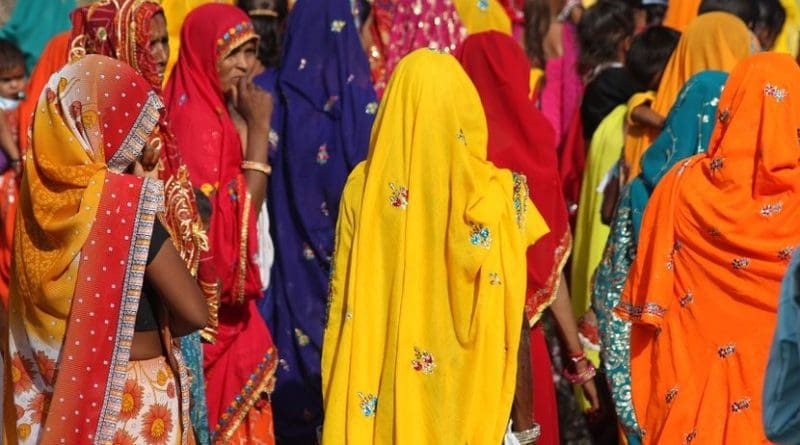Identity Politics Is Rightly The Evil It Is Made Out To Be – OpEd
This article is in reference to the write up ‘Identity Politics is not the evil it is made out to be’ published in EPW (EPW Engage category) on May 6, 2019. The article is completely misleading, factually and contextually incorrect and far from academic precision.
Even the central argument, “The existence of identity politics in any democracy is an indicator of the vibrancy and health of politics,” is brazenly sweeping, completely unjustifiable and sounds like the work of some armchair scholar who doesn’t understand Indian electoral politics and the monster of identity politics.
Theorising on identity today is not so easy, especially interpreting identity politics in such a way — and even calling it positive — that too in the Indian landscape is nothing more than a lame defence against such a fierce roadblock to the actual democratic ethos, issue based politics, political morality, candidature of merit and crime free credibility, etc.
There is not a single example of identity politics as an agency of vibrancy and health of politics, rather identity politics makes democracy rot and shapes a new fake version of democracy that facilitates community, religion, faith based politics, acute and hateful groupism, enriches majoritarinism and makes electoral politics everything but just, fair and free.
Identity politics doesn’t serve even the people who are befooled by it, but has become a tool to create a wedge among people and turn them into vote banks for vested interests. We can take the example of ongoing elections that are not based on development or health or roads or drinking water or employment, but on nationalism, caste, community, faith and all identity based equations.
Identity politics is therefore not less than a fatal disease that is killing the vibrancy of Indian democracy.
The first point, cited by author, claims that identity politics is necessary in democracy. However the fact of the matter is that providing space for identity politics does not mean vibrancy, but facilitating caste, creed, religion, community, dynasty politics and family-centred politics that shape nothing but exclusion and accumulation of wrong and undeserving in power positions who even fail to ask a single question in parliament. Even celebrity politicians hardly contribute to the real health of Indian democracy.
On the question of how identity functions as an instrument to access material gains, it is obvious that people who come to parliament out of identity politics hardly contribute to secular and inclusive ethos of Indian constitution rather institutionalise their identity agendas to score their own goals not the community they come from. Also it does not facilitate a free play of power struggle among various sections and wins not on issues or logic but purely on numbers, dominant caste, group, hate politics done between the communities, etc.
On the second point cited that, ‘Identity Politics is a Response to Majoritarian Ideologies’, it would not be wrong to argue that it itself thrives on majoritarian tactics, realities, numbers and hardly on truth and issue based campaigning or candidates merit, here the merit is the identity one gets from ones caste, creed or community. Also it subsides the individual and emphasises on the community or group which actually doesn’t solve but aggravate issues.
The third point, ‘The Limits of Identity Politics’ is also misleading in a sense that identity politics today is hardly the voice of the oppressed but is purely done on religious lines, race, ethnicity ,caste and other factors which has marred the actual developmental aspects.
The last point ‘The Need for a ‘Tomorrow’ in Identity Politics’ sums it up all. Identity politics oppresses and exploits the very people it claims to emancipate and empower. Such a politics lacks accountability, worships a personality, becomes a cult politics, reduces democracy to personalised and so called dynastic charismatic authorities who enjoy power unaccounted, win and keep winning on identity card, launch their children on the very card and thus makes the mockery of democracy in real sense.
The vague statements in favour of identity politics made in the article hardly justify the claims made as we are witness to the fact that beyond the rise of a creamy layer in every society or community and facilitating dynasty politics, identity politics has not contributed in any way to the vibrancy and health of Indian democracy. Had it been so, still the shift of politics and vote bank arithmetic would not have been purely the caste-community-religion equation even today. Identity politics in Indian context is nothing but caste and communal politics which keeps secularism at bay and therefore should be discouraged by all sane Indians.
Identity politics actually hinders the mobilisation of communities, harms multiculturalism and paints the diversity with hate politics and polarisation. It is nothing but regressive and befools subalterns and other groups to establish the power of a few and their family later.

